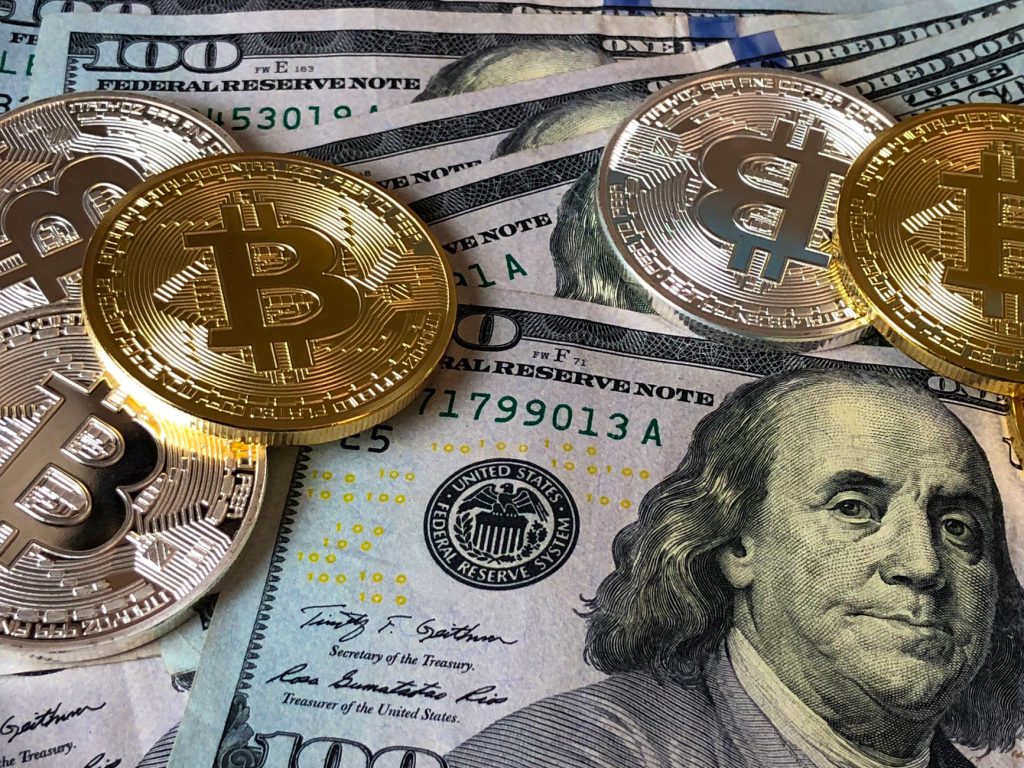This Week in a Nutshell (August 8-12)

Happy 76th Independence Day to all our readers!
Technical talks
NIFTY opened the week on 8th August at 17,401; with a holiday on Tuesday, the four-day work week ended with NIFTY closing at 17,698 (+1.7%). The index is trading above all the moving averages on a daily as well as weekly timeframe. On the upside, the upper Bollinger band level of 18,100 might act as a resistance. On the downside, it can take support at the 50 week moving average near 17,100. Even though, the RSI of 60 does suggest some caution, in the recent past NIFTY has comfortably traded at 60+ RSI level.
Among the sectoral indices, METAL (+4.6%), PRIVATE BANK (+3.6%), and FINANCIAL SERVICES (+3.0%) led the gainers, whereas MEDIA (-2.0%), FMCG (-1.1%), and PHARMA (-0.6%) were the losers this week.
Weekly highlights
- The US market closed the week in green as Dow Jones continued its streak with 6th consecutive week of positive returns. During the week, the US declared its July CPI inflation. At 8.5%, it is lower than the previous month, but still on the higher side from an absolute point of view.
- Coming to the Indian markets, our market cap to gross domestic product ratio (Mcap/GDP) has crossed 100 percent. With a positive move in markets since July, we currently stand at 102 percent against a long-term average of 81 percent. India’s GDP is estimated at nearly USD 3 trillion.
- The Mcap/GDP ratio is also known as the Buffett Indicator, as Warren Buffett considers it to gauge the mood of the market. Too high a number suggests that the market seems to be overvalued and the opposite on the other side.
- However, this can be applicable to a developed market like the US. In a developing market like India, with a gradual move towards formalization of the economy, the market capitalization will inch up higher as more and more companies get listed and this will eventually reflect in the GDP.
- The civil aviation ministry has removed the lower and upper caps on airline fares from 31st The caps were imposed in May 2020 to regulate airfares in times of the pandemic. Especially with the removal of the lower cap, it is more likely that airfares for short-distance domestic flights will come down as airlines compete with each other for passengers.
- China’s trade surplus stood at USD 101 billion in July. It is the highest since 1987. The trade surplus is the excess of exports over imports. Despite political tensions between India and China, in a globalized world, where there is interdependency on each other when it comes to the manufacturing of goods, Chinese exports doing well translates positively for the world economy as well as for India.
- FII (Foreign Institutional Investors) were net buyers of shares worth Rs 78,499 mn and DII (Domestic Institutional Investors) were net sellers of shares worth Rs 24,780 mn this week.
Things to watch out for next week
- The corporate results season for the April-June quarter of FY2023 comes to an end as we approach 15th As we celebrate the 76th Independence Day of India, we enter into another four-day work week on Tuesday. Going forward, company-specific developments will be keenly watched.
- Just like this week, during which we saw a few new 2-wheeler launches from Honda and Royal Enfield and a Hyundai car, next week is also lined up with new cars from Toyota, Maruti-Suzuki, and an EV from Mahindra. As we approach the festive season, we are expecting many more such launches.
Disclaimer: “The views expressed are for information purposes only. The information provided herein should not be considered investment advice or research recommendation. The users should rely on their own research and analysis and should consult their own investment advisors to determine the merit, risks, and suitability of the information provided.”






 Stock market shocks or crashes are part of market life cycles and market shocks are unavoidable. The market also needs some correction after a big rally, but honestly, as an investor, we need not worry about them. In the market crash, our portfolio also crashes but all of those are unrealized losses. Our investments only convert into losses after we sell them in the losses.
Stock market shocks or crashes are part of market life cycles and market shocks are unavoidable. The market also needs some correction after a big rally, but honestly, as an investor, we need not worry about them. In the market crash, our portfolio also crashes but all of those are unrealized losses. Our investments only convert into losses after we sell them in the losses.

